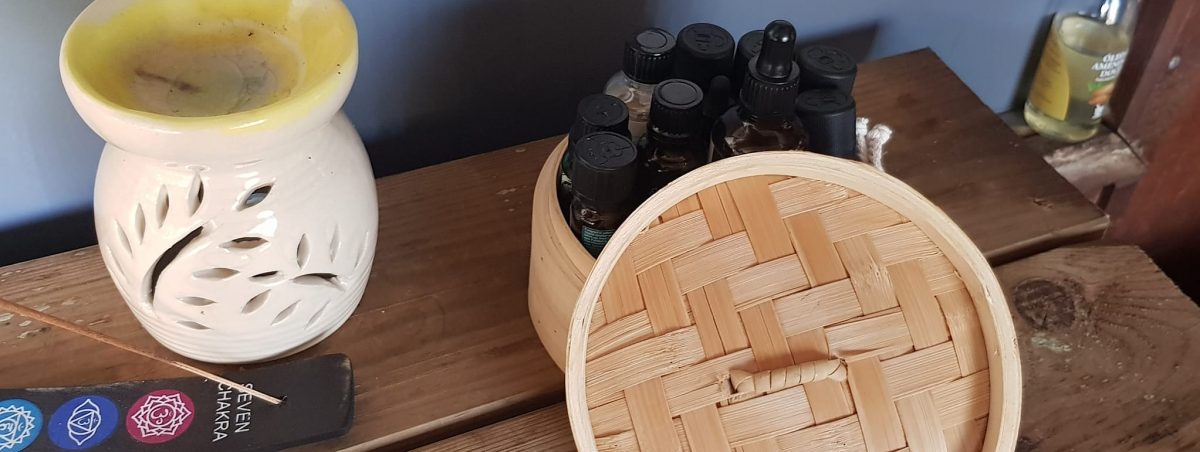Integrative and lifestyle medicine strategies should include Earthing
(grounding): Review of research evidence and clinical observations
https://futureflexology.com/wp-content/uploads/2024/04/grounding-paper.pdf
Managing Chronic Fatigue Syndrome with Reflexology
https://www.youtube.com/watch?v=-17rYQC2B2A
Reflexology for Lactation among Lactation Failure Mothers
http://Reflexology for Lactation among Lactation Failure Mothers
Collection of reflexology-related information, research publications, events and much more...
New understanding on chronic pain:
https://www.tamethebeast.org/#tame-the-beast
https://bodyinmind.org/
Very interesting reading on plantar fasciitis:
- https://www.karensreflexology.co.nz/single-post/2016/06/18/Plantar-Fasciitis-Or-not
Read about Carol's work on pain management here:
- http://www.reflexologybypaula.co.uk/pdf/reflexologyAndPainManagement.pdf
- www.telegraph.co.uk/news/science/9981099/Reflexology-as-effective-as-pain-killers.html
- www.dailymail.co.uk/health/article-2306227/Reflexology-effective-painkillers-conditions-ache-arthritis.html
- http://www.nationalreflexology.ie/articles,37
- https://www.fht.org.uk/system/files/field/article-files/stress_reflex_autumn_17.pdf
One study and constipation:
- Paediatr Nurs. 2003 Apr;15(3):20-1. "Reflexology in the management of encopresis and chronic constipation". Bishop E, McKinnon E, Weir E, Brown DW.
Abstract
Encopresis or faecal incontinence in children is an extremely distressing condition that is usually secondary to chronic constipation/stool withholding. Traditional management with enemas may add to the child's distress. This study investigated the efficacy of treating patients with encopresis and chronic constipation with reflexology. An observational study was carried out of 50 children between three and 14 years of age who had a diagnosis of encopresis/chronic constipation. The children received six sessions of 30-minutes of reflexology to their feet. With the help of their parents they completed questionnaires on bowel motions and soiling patterns before, during and after the treatment. A further questionnaire was completed by parents pre and post treatment on their attitude towards reflexology. Forty-eight of the children completed the sessions. The number of bowel motions increased and the incidence of soiling decreased. Parents were keen to try the reflexology and were satisfied with the effect of reflexology on their child's condition. It appears that reflexology has been an effective method of treating encopresis and constipation over a six-week period in this cohort of patients.

